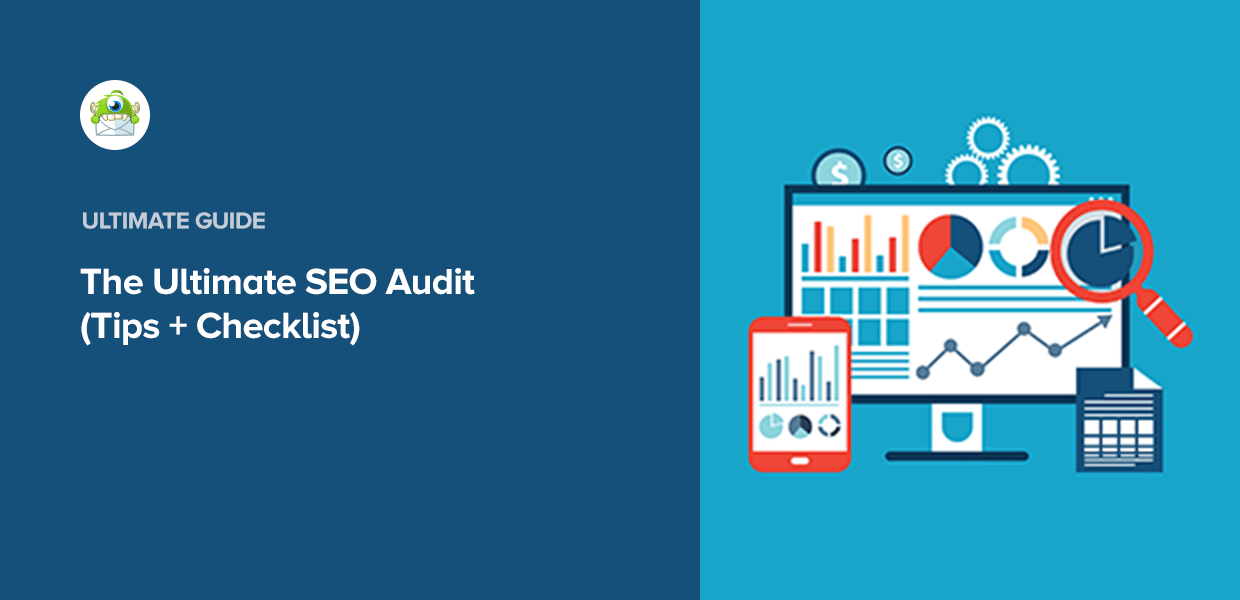Elevate Your Digital Presence: Grasping the Art of Linkdaddy Effective SEO Marketing
Wiki Article
SEARCH ENGINE OPTIMIZATION Vs. SEM: Understanding the Key Differences
Worldwide of electronic advertising and marketing, 2 vital approaches that often turn up are search engine optimization and SEM. While they may seem similar, they really serve different purposes and have distinctive strategies. SEARCH ENGINE OPTIMIZATION, which represents Look Engine Optimization, concentrates on enhancing a web site's exposure and natural ranking on search engine results pages. On the other hand, SEM, or Internet Search Engine Marketing, involves paid advertising and marketing to raise a website's visibility on search engines. Understanding the vital distinctions in between search engine optimization and SEM is critical for businesses looking to maximize their on the internet existence and drive traffic to their websites. In this write-up, we will certainly explore the interpretations, goals, and essential components of both search engine optimization and SEM, clarifying their unique features and advantages.
Meaning of SEO
SEO, or Seo, refers to the method of enhancing sites to enhance their visibility and positions on search engine results pages (SERPs) It involves different strategies and strategies aimed at raising natural, or non-paid, website traffic to an internet site. The best objective of search engine optimization is to improve a web site's on the internet existence and draw in more targeted visitors.Among the vital elements of SEO is keyword optimization (https://sports.theworldinsiders.com/news/linkdaddy-announces-agency-backlink-local-business-directory-listings-service/458323). This entails performing complete study to recognize appropriate key phrases that customers are likely to search for when seeking information or items associated with a specific site. By incorporating these keywords purposefully into the website's web content, meta tags, and Links, SEO intends to enhance the site's importance and position for those particular search terms
Another crucial element in SEO is on-page optimization. This entails enhancing various components on a site, such as title tags, headings, pictures, and internal web links, to make them more search engine-friendly (Linkdaddy). By making certain that these elements are effectively structured and relevant to the web site's content, SEO aids online search engine recognize the context and relevance of the site
In addition, SEO additionally includes off-page optimization methods, such as web link building. This entails acquiring top notch back links from other trustworthy sites, which shows to internet search engine that the site is reliable and authoritative. By building a strong network of backlinks, search engine optimization boosts a site's reputation and boosts its possibilities of placing greater in search engine result.
Definition of SEM
SEM, or Browse Engine Advertising, is an advertising and marketing strategy that involves promoting sites and boosting their presence via paid advertising and marketing on search engine results pages (SERPs) Unlike SEO, which focuses on optimizing sites to enhance organic search rankings, SEM utilizes paid advertising to drive traffic to a site.One of the essential elements of SEM is pay-per-click (PPC) marketing. With PPC, advertisers bid on key words that are appropriate to their target audience. When a user searches for those keywords, the advertisements show up on top or side of the search results page. Marketers only pay when a user clicks on their advertisement, therefore the term "pay-per-click."

SEM also consists of various other forms of paid advertising, such as display screen ads, remarketing ads, and purchasing advertisements. Display advertisements are banners or visual ads that show up on sites within the Google Display Network. Remarketing advertisements target customers who have actually previously visited a web site, offering them advertisements as they surf other websites. Buying ads, on the various other hand, promote details products and display pertinent information, such as rate and accessibility.
Purposes of SEO and SEM
The purposes of both search engine optimization (SEARCH ENGINE OPTIMIZATION) and search engine advertising and marketing (SEM) focus on raising a site's presence and driving targeted traffic. The approaches and approaches utilized by each vary considerably.The primary goal of SEO is to enhance a website's organic search ranking on internet search engine results pages (SERPs) This is achieved by enhancing different components on the website, such as content, meta tags, and site structure, to make it a lot more pertinent and enticing to online search engine. By doing so, search engine optimization aims to draw in more natural website traffic from users proactively looking for related key phrases or subjects.
On the various other hand, SEM concentrates on raising an internet site's presence via paid advertising on search engines. The primary objective of SEM is to drive targeted traffic to a website by bidding on keywords and displaying advertisements in internet search engine outcomes. This strategy permits services to get to a bigger target market rapidly and efficiently.

Secret Elements of Search Engine Optimization
To effectively implement SEO, it is vital to recognize the vital components that add to improving a site's organic search ranking. These elements can be extensively categorized into off-page aspects and on-page variables.On-page variables describe the elements that are straight present on a web site and can be enhanced for much better internet search engine presence. This consists of the web site's material, key phrase use, meta tags, URL framework, web page titles, and headings. By enhancing these aspects, internet search engine can better comprehend the relevance and context of the website's content, causing greater rankings.
Off-page factors, on the various other hand, concentrate on outside signals that influence a website's authority and credibility. This consists of back links from other trusted sites, social media signals, and on-line points out (https://deckbiz.com/news/linkdaddy-announces-agency-backlink-local-business-directory-listings-service/458323). The even more pertinent and high-grade back links a website has, the better its chances of ranking higher in search engine results pages
Additionally, user experience is an important component of SEO. seo specialist. Online search engine focus on web sites that use a favorable individual experience, including fast filling times, mobile-friendliness, and very easy navigating
Secret Components of SEM
Unlike SEO, SEM incorporates a distinctive set of essential components that concentrate on paid advertising and marketing and driving instant visibility in search engine outcomes. These elements include search engine advertising and marketing, likewise known as pay-per-click (PAY PER CLICK) advertising and marketing, keyword research study, ad production, and campaign management.Look engine marketing is an essential component of SEM. It entails bidding on keywords appropriate to your company and developing text or display advertisements that will appear in search engine results when those keywords are searched. With online search engine advertising, you can target certain demographics, locations, and even time of day to reach your wanted audience.
Keyword research study is an additional important part of SEM. It involves determining the keywords that your target audience is making use of to search for products or solutions similar to your own. By performing comprehensive keyword study, you can optimize your ads and ensure they are revealed to the appropriate people at the correct time.
Advertisement production is the process of developing compelling and convincing ads that will attract individuals to click them. Well-crafted advertisements have a solid call-to-action, pertinent messaging, and a clear value proposal.
Finally, project administration entails surveillance and maximizing your SEM campaigns to ensure they are performing efficiently. This includes tracking metrics such as click-through rates, conversion rates, and return on investment (ROI) to make data-driven decisions and accomplish the most effective results.
Conclusion
To conclude, search engine optimization and SEM are two unique approaches in digital advertising. Search engine optimization focuses on enhancing web sites to improve organic search positions, while SEM entails paid advertising to enhance exposure on internet search engine results pages. Both techniques have their very own purposes and key components that add to their efficiency. Recognizing the distinctions between SEO and SEM is important for organizations to establish a detailed online advertising and marketing approach.SEO, which stands for Look Engine Optimization, concentrates on boosting a site's presence and natural ranking on search engine results pages. On the other hand, SEM, or Look Engine Advertising and marketing, entails paid marketing additional reading to boost a site's visibility on search engines (seo specialist).SEARCH ENGINE OPTIMIZATION, or Browse Engine Optimization, refers to the method of optimizing internet sites to boost their exposure and rankings on search engine results web pages (SERPs)The major goal of SEO is to boost a web site's organic search position on search engine results web pages (SERPs) SEO concentrates on enhancing sites to boost natural search rankings, while SEM entails paid marketing to increase presence on search engine results pages
Report this wiki page